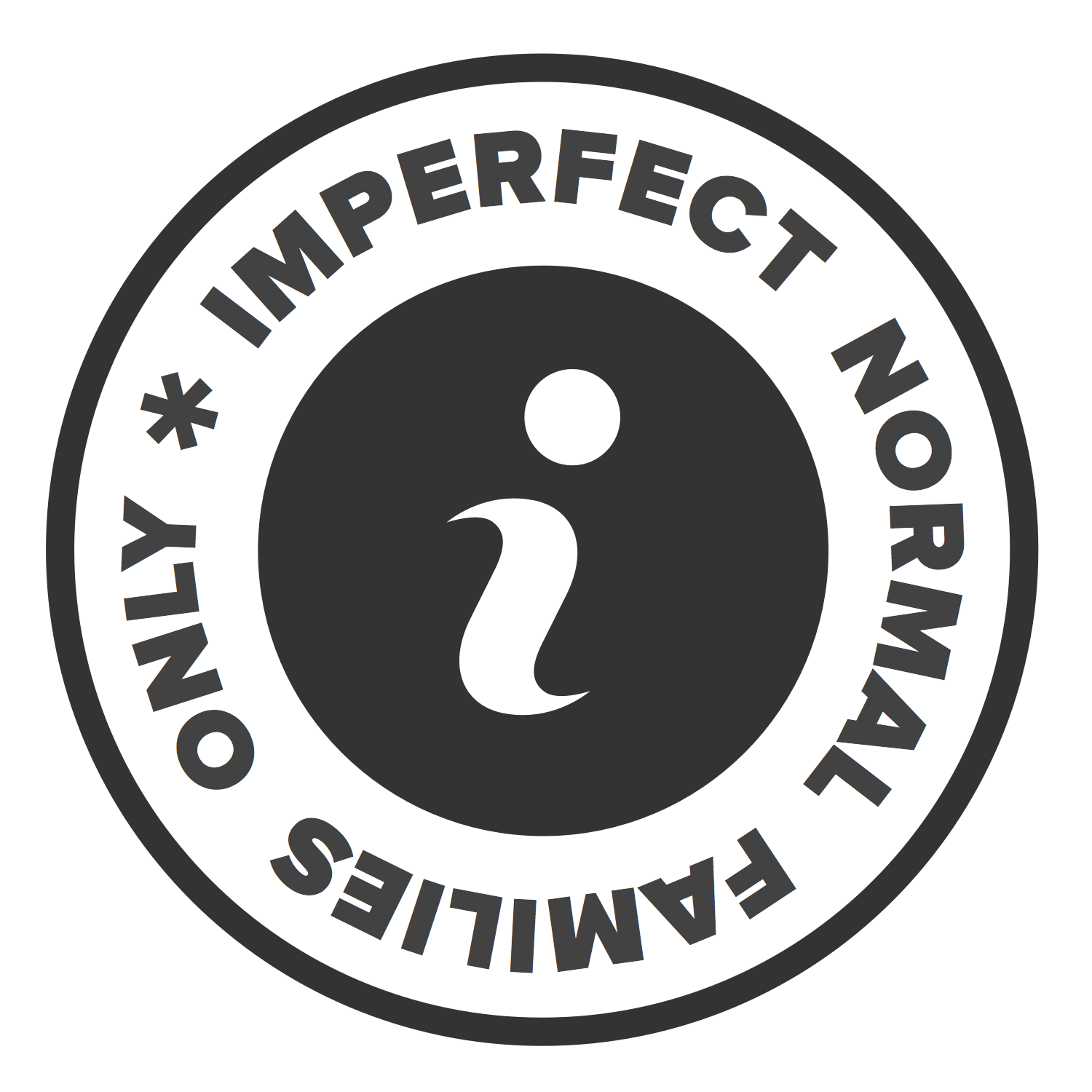You're Probably (Still) Not Talking About Race Enough in Your Home
With the tragic deaths of Ahmaud Arbery and George Floyd, Americans are forced once again to confront the racism that still exists in our land.
While I believe that most Americans are striving to slay the lingering biases that exist in their hearts, prejudice still exists.
While I believe that most police officers are people of character who simply want to serve and protect and then go home to their families, we have seen that some are not.
While I believe that there are some criminals who want to take advantage of disorder to destroy and loot legitimate places of business, the overwhelming majority of people flooding our streets in protest are doing their best to remain civil, even though their emotions are telling them to do otherwise.
The frustration that we have seen spilling into every part of the public discourse is rooted in generations of inequality. As a white man, I don’t presume to understand the depth of frustration within the hearts of my brothers and sisters of color, but I get that it’s real. And I can choose to empathize with their pain.
The root of the problems in our culture and the remedy to resolve them are incredibly complex. We can simply scroll our Facebook feeds to find every single perspective under the sun.
The problem is political. It’s economical. It’s the lingering legacy of slavery. It’s the racial bias hardwired into our culture and people. It’s the breakdown of the family. It’s probably an education issue. It’s the inadequacies of the welfare system.
I think it’s probably a little bit of all of that. And more.
Some say it’s a sin problem, but my experience is that people typically want to point out someone else’s sin and rarely notice their own. (And for all my Christian friends out there who want to say that Jesus is the answer, does it disturb you that the church is still the most racially segregated institution in America?) I’m with you on the sentiment, but I think we are failing miserably in the follow-through.
The bottom line is that, even after all that was accomplished by the heroes of the Civil Rights Movement, broken race relations still exist in America. MLK’s dream is still way off on the horizon. And it breaks my heart.
I briefly shared on our podcast this week that one place for us all to start is to pray what the Psalmist prayed in Psalm 139:23-24:
“Search me, God, and know my heart; test me and know my thoughts. See if there is any offensive way in me, and lead me in the way everlasting.”
While there are plenty of well-intentioned steps we can take to make changes in our world, perhaps the best place to start is to ask God to show us where we are part of the problem. Ask Him to point out the racial biases in your own heart. If your knee-jerk reaction to that suggestion is to insist that there’s not a racial bone in your body, I think you’re kidding yourself. We all have subconscious patterns of sin that we are probably not fully aware of. The best way to identify these tendencies is to take your whole heart, warts and all, before a holy God and compare yours to His. If there are places that He hurts that you don’t hurt, then something is off and you need to change. I need to change.
Another thing we can do is to try to break the generational sin of racism that is so easily passed down from those that came before us. That means educating our children. That means talking about these issues with your teenagers. It means watching what’s happening on TV and discussing it without judgment.
And if you’re watching the news, do your best to focus on the big movements of people standing up peacefully for change. Don’t give in to the temptation of focusing on the smaller but much louder (and more titillating for TV) riots. Looters are opportunists that don’t represent the vast majority of our friends who are crying out for help and compassion.
Most importantly, find a way to tee-up some meaningful conversations with your kids about racial bias in your own family history. Commit yourselves to thinking differently. To loving unconditionally. To listening to the stories and perspectives of people whose experiences are radically different than your own.
For some of us, that’s a problem. Some of us can scan our Facebook friend list and realize that the people we know all look a lot like us. There’s not much diversity there. Maybe we all need to make some new friends.
If you want to talk to your kids about these issues, there are a number of good websites and blog posts that offer resources. I can’t say I fully agree with 100% of what they have to say, but they are good places to start.
And if in these times, you’re getting significantly bent out of shape over the nuances of another person’s argument and want to pick a fight over it, then maybe that says something about what’s going on in your heart. Everybody’s experience is different. We all need to give each other some room to feel without all the judgment that is so prevalent in our world right now. Be gracious. Jesus is gracious. Be like Jesus.
